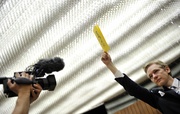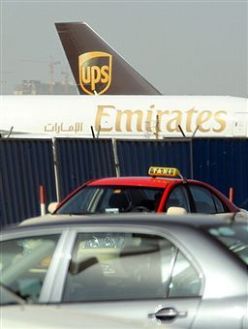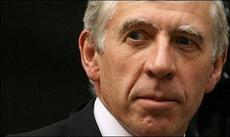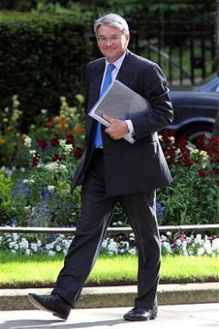What Wikileaks reveals
The publication of a quarter of a million US diplomatic cables is going to blow the lid on a lot of the world’s diplomatic secrets. So we learn that the Saudis and other Sunni Arab states are urging the US to stop Shi’ite Iran’s nuclear programme by any means necessary. The New York Times’ points out that none of the cables are labeled ‘top secret’, so we are unlikely to find out the most sensitive secrets of American diplomacy. Instead, what we are getting is public confirmation of things we have long suspected. Emblematic of what are learning is confirmation that the Yemenis talked with the Americans about how to





